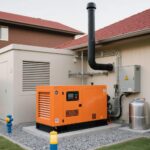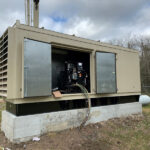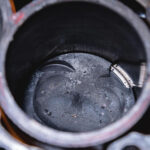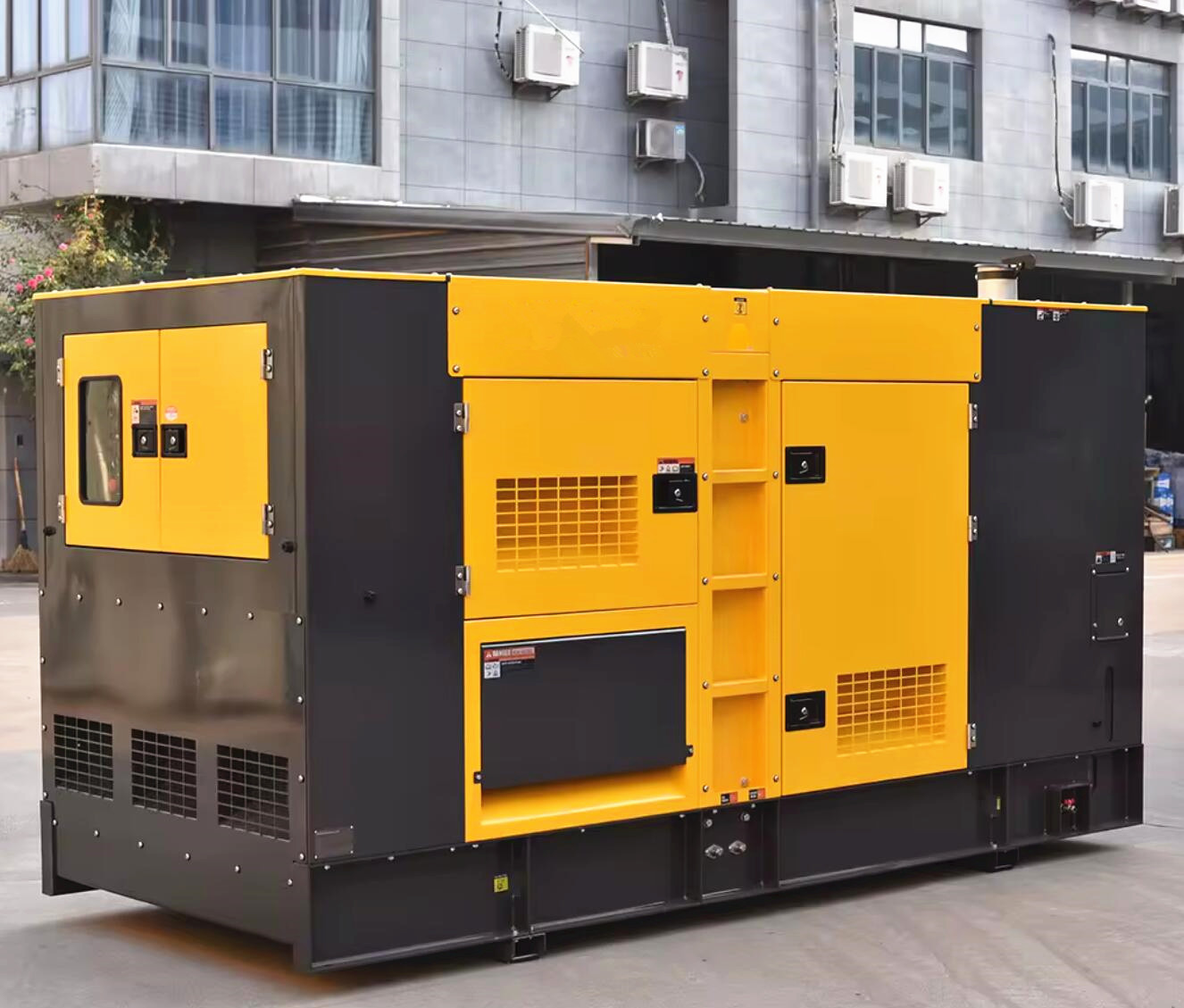
Many people use diesel generators without knowing the fundamentals. When something goes wrong, they feel lost and frustrated.
Diesel generators turn diesel fuel into electricity using a combustion engine and an alternator. They are reliable power sources for both backup and continuous use.
After years of working in generator manufacture and export, I’ve learned one truth: knowing the basics avoids 80% of mistakes. Let me walk you through what really matters.
How does a diesel generator work?
I've seen customers panic when their generator stops, not knowing what goes on inside.
Diesel generators burn fuel in a combustion engine, producing mechanical energy that an alternator converts into electricity.
When the engine starts, it compresses air in the cylinder. Diesel is injected at high pressure, ignites, and causes an explosion. This force moves pistons, spins the crankshaft, and powers the alternator. The alternator uses magnetic fields to create electricity. A digital controller manages the whole process — from voltage regulation to engine protection.
Key Parts of a Diesel Generator
| Component | Purpose |
|---|---|
| Engine | Converts diesel into motion |
| Alternator | Converts motion into electricity |
| Controller | Manages output, protection, and alarms |
| Fuel System | Stores and feeds diesel to the engine |
| Cooling System | Keeps the engine temperature within limits |
| Exhaust System | Expels combustion gases |
| Lubrication | Reduces engine wear |
| Base Frame | Holds all parts together securely |
I always recommend every user understand these parts. It saves time, money, and trouble later.
What are the main types of diesel generators?

One of the most common mistakes I see is choosing the wrong generator type for the job.
Diesel generators are divided by use (standby, prime, continuous), by phase (single or three-phase), and by design (portable or stationary).
Standby generators work during power cuts. Prime units are for regular but not constant use. Continuous types run 24/7. Single-phase is for small loads like homes. Three-phase handles big equipment. Portable models are mobile and flexible. Stationary ones are fixed for long-term use.
Generator Types Overview
| Type | Use Case | Duration | Example |
|---|---|---|---|
| Standby | Emergency backup | Few hours | Small business |
| Prime | Daily operation | Long periods | Construction projects |
| Continuous | Non-stop power | 24/7 | Data centers, factories |
| Portable | Short-term mobility | Few hours/days | Outdoor events |
| Stationary | Permanent setup | Long-term use | Industrial facilities |
Each project needs the right match. I’ve helped many buyers fix sizing mistakes, it's always more costly after installation.
What maintenance does a diesel generator need?
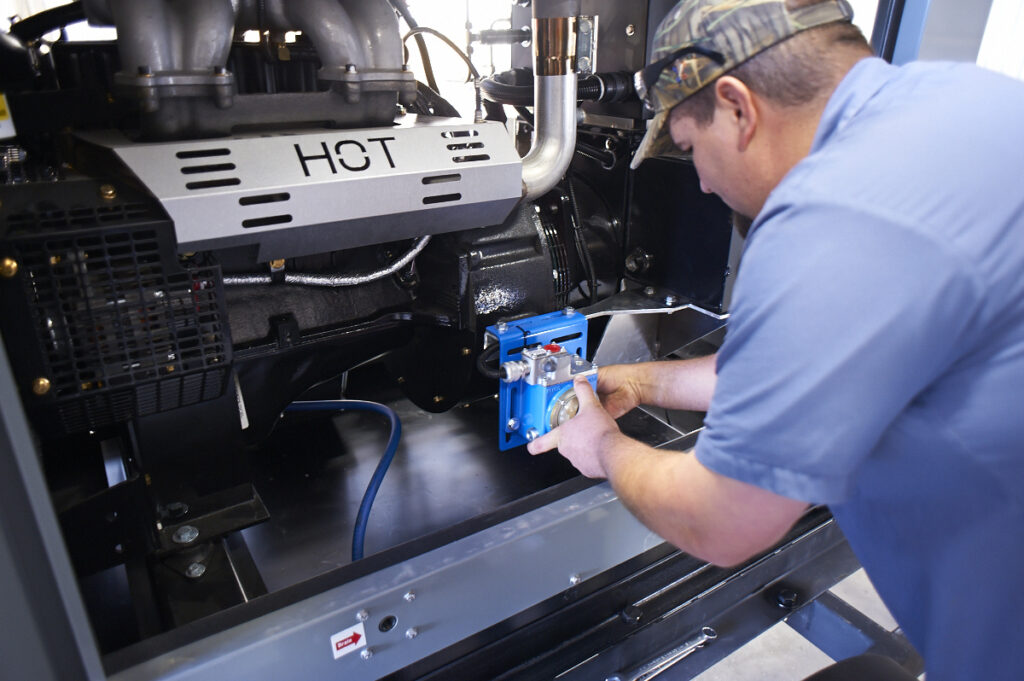
No matter how advanced a generator is, poor maintenance will destroy it faster than time.
Diesel generators must be maintained with regular oil changes, filter replacements, coolant checks, and monthly test runs to remain reliable.
I advise setting a clear maintenance schedule right after installation. Change engine oil every 100–250 hours. Replace air and fuel filters regularly. Check coolant levels weekly. Test the battery and run under load every month. Also inspect hoses, belts, and terminals. Many failures I’ve handled were due to skipped basic checks.
Basic Maintenance Tasks
| Task | Frequency |
|---|---|
| Change engine oil | Every 100–250 hours |
| Replace air filter | Every 500 hours |
| Change fuel filter | Every 250–500 hours |
| Coolant top-up | Weekly |
| Battery check | Weekly |
| Monthly load test | Monthly |
| Full inspection | Every 3 months |
I always remind buyers: the cost of planned maintenance is nothing compared to emergency repairs and lost time.
What are the common mistakes and how to avoid them?
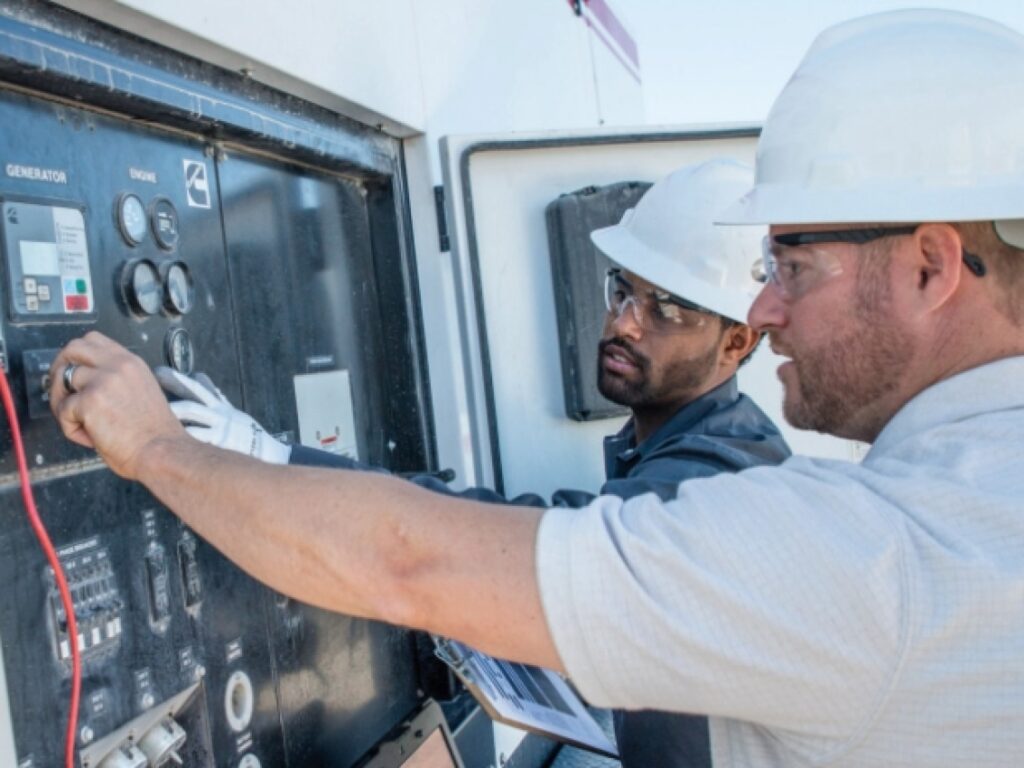
I’ve visited many sites where issues were caused by small, avoidable mistakes.
Most generator failures come from overloading, bad installation, poor fuel quality, or skipped maintenance routines.
Overloading forces the generator to work beyond its limit. Poor ventilation causes overheating. Bad fuel clogs filters. Ignoring maintenance shortens lifespan. Another common mistake is improper grounding, which leads to electrical hazards. Some also forget to read the manufacturer manual, missing key setup steps. I always tell clients: understand the basics before starting the engine.
Common Errors and Fixes
| Mistake | Result | Solution |
|---|---|---|
| Overloading | Shutdown, damage | Use proper load calculations |
| Poor ventilation | Overheating | Install in open-air space |
| Dirty fuel | Blocked injectors | Use clean fuel sources |
| No regular maintenance | Frequent breakdowns | Set fixed service intervals |
| No grounding | Electrical risk | Follow grounding standards |
Avoiding these issues doesn’t require much. Just a bit of attention and knowledge goes a long way.
Conclusion
Understanding how diesel generators work, what types fit your needs, and how to maintain them ensures reliability and long-term savings.
Buying And Technical Contact
You can contact us in many ways:
You can go to our website (URL: https://waltpower.com/contact/) and drop us a message.
You can email us:
Our Contact is: +8618717996108 (WhatsApp)


